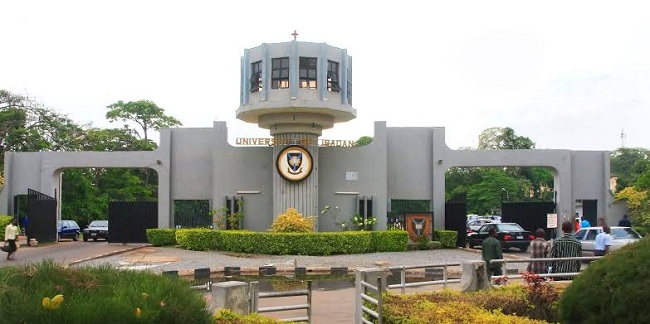FOLLOWING the consequences of unhealthy eating habits, commercial food handlers and vendors at the University of Ibadan Oyo State have been told to desist from adding carbonated drinks, nails, paracetamol and metal spoons to meat to soften it because of the negative effect on the kidney.
They were also asked to reduce the amount of oil, table salt, monosodium glutamate, bullion cubes, and other chemical seasoners in preparing meals to prevent diseases, poor kidney function and clogged blood vessels.
Mrs Bosede Adebayo-Oke, a registered dietician and chief nursing officer at the University Health Service, gave the charge at a workshop for commercial food vendors and handlers held at the university in collaboration with the Oyo State Ministry of Health.
Its theme was “Healthy Food Preparation and Eating as a Bedrock for Total Wellbeing.”
Instead, she suggested that they add plenty of garlic, ginger, and onions to tenderise their meat and prioritise preparing health meals for the university community.
In his contribution, Dr Akinlabi Ogunleye, an associate professor and consultant veterinary microbiologist at the university, noted that their foods can either make or break the health of their customers, urging them to stop selling left-over foods, but to store their foodstuff properly to prevent contamination from rodents and maintain good environmental and personal hygiene.
Also speaking, Mrs Folasade Oladele, Oyo State’s School Health Officer, emphasised the need for appropriate waste management, use of good raw foodstuffs, cooking meat with less fat content, avoidance of expired food items.
She called for increased preparation of local food varieties to ensure a variety of health meals for the university committee.
“We don’t want a situation where they will serve a customer food and afterwards the plate has leftover oil. We don’t want a situation where people after consumption will either have dysentery, diarrhoea, or are vomiting. They need to be conscious of all the health hazards of unhealthy foods,” she added.
Earlier, Director of the University Health Services, Dr Aderonke Ajav, said rejuvenating the training of food vendors and handlers with the university was meant to increase the health status of the university community while supporting them to better understand and recognise bad practices that are harmful to health, while at the same time, imbibing the best food preparation and handling practices.
Dr Ajav declared that the university is to become a hub for training food vendors and handlers on emerging issues in food safety and hygiene.
The workshop had over 120 participants in attendance, including health commissioners of the various student halls of residence, presidents of student associations, hall wardens, representatives of religious bodies, and staff unions, as well as the Abadina community.
It also offered free health checks for many in attendance.
